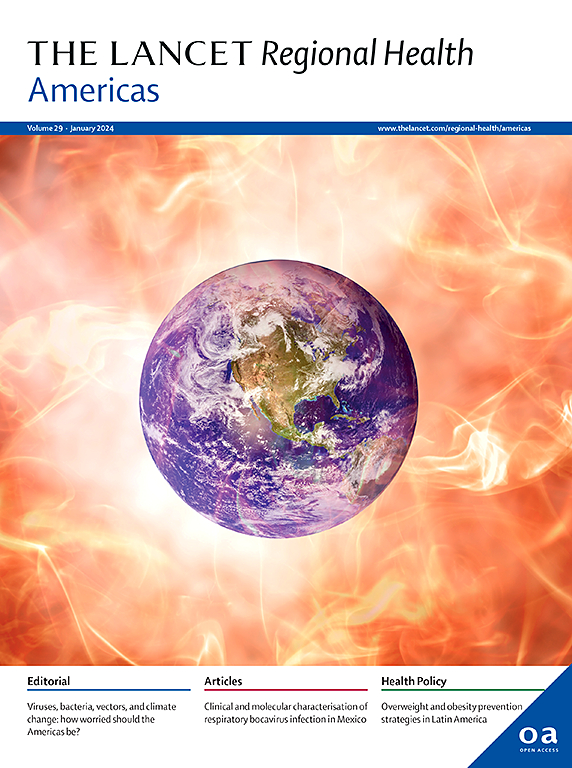Does use of domestic insecticides undermine public health control strategies?
IF 7
Q1 HEALTH CARE SCIENCES & SERVICES
引用次数: 0
Abstract
Vector-borne diseases (VBD), particularly dengue and malaria, pose a growing threat to human health worldwide. While insecticides remain the cornerstone of vector control programmes, their efficacy is being compromised by increasing insecticide resistance in mosquito populations, leading to control failures that have significant epidemiological and socioeconomic implications. Current research has predominantly examined resistance development in the context of public health interventions and agricultural applications. However, the contribution of domestic insecticide use to resistance evolution in VBD-endemic regions remains inadequately characterised. Evidence indicates that household insecticide utilisation is extensive, with approximately 60% of residents in endemic areas regularly employing domestic insecticidal products for personal protection. This viewpoint highlights how the poorly regulated household insecticide market may significantly contribute to resistance development. Therefore, understanding the impact of domestic insecticide products and usage patterns is urgently needed to preserve the efficacy of vector control campaigns and protect public health outcomes.
求助全文
约1分钟内获得全文
求助全文
来源期刊

Lancet Regional Health-Americas
Multiple-
CiteScore
8.00
自引率
0.00%
发文量
0
期刊介绍:
The Lancet Regional Health – Americas, an open-access journal, contributes to The Lancet's global initiative by focusing on health-care quality and access in the Americas. It aims to advance clinical practice and health policy in the region, promoting better health outcomes. The journal publishes high-quality original research advocating change or shedding light on clinical practice and health policy. It welcomes submissions on various regional health topics, including infectious diseases, non-communicable diseases, child and adolescent health, maternal and reproductive health, emergency care, health policy, and health equity.
 求助内容:
求助内容: 应助结果提醒方式:
应助结果提醒方式:


